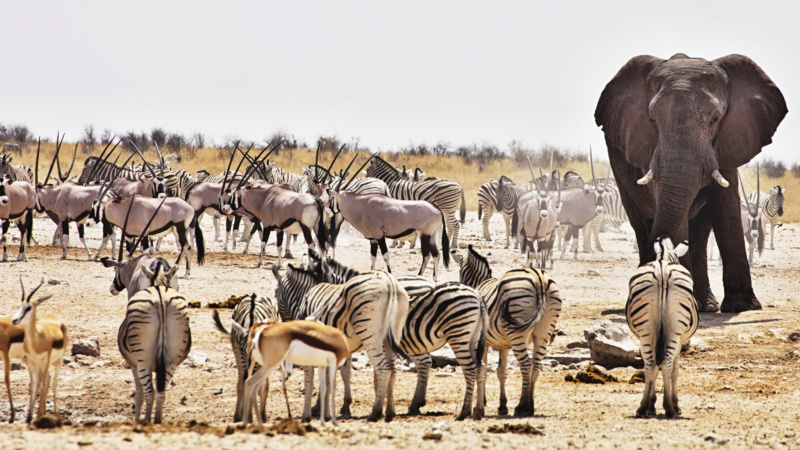Festivals and Traditions: Experiencing Ethiopia’s Unique Culture
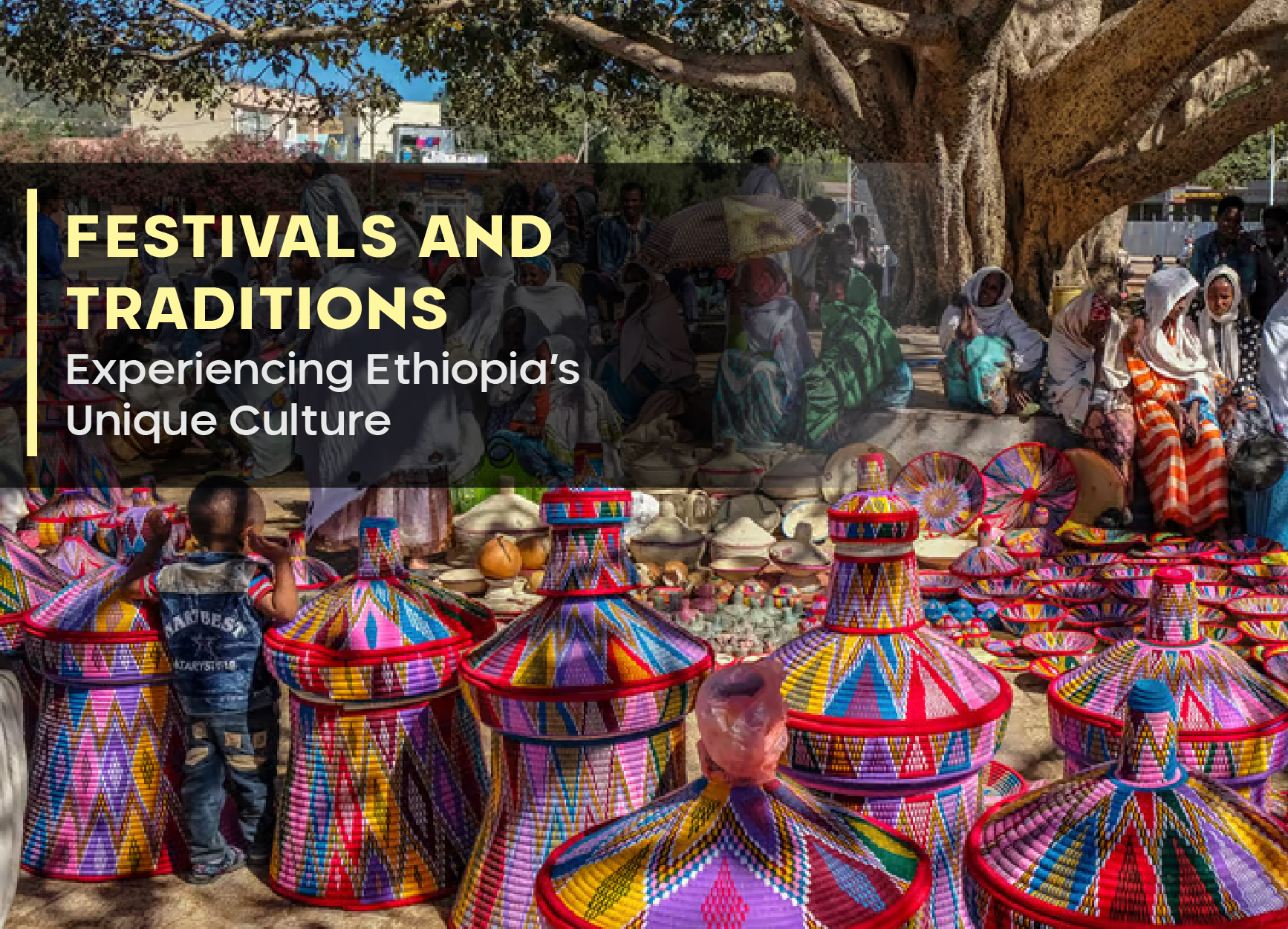
Ethiopia is a land of ancient history and a lively mix that boasts shades of cultural and religious traditions that hold visitors and locals alike. Ethiopia’s festivals reflect its deep spirituality and communal spirit, from grand religious ceremonies to joyous community gatherings.
Each event tells a story of heritage, faith, and unity, offering a lovable experience in the heart of Ethiopian culture. Let’s explore some special celebrations that define Ethiopia’s cultural identity.
Hosanna
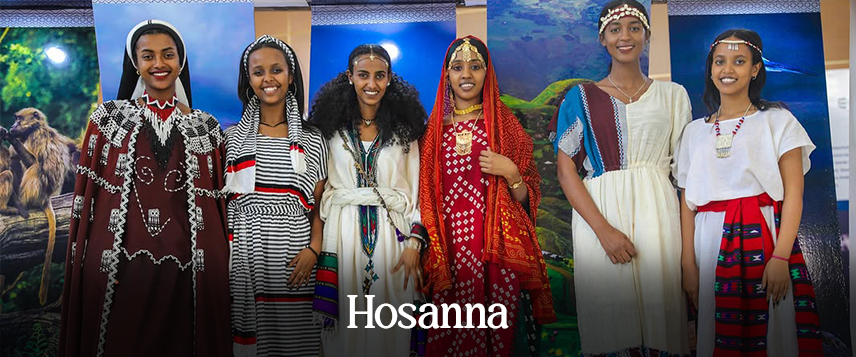
Hosanna, or Palm Sunday, marks the start of Holy Week in Ethiopia. During Hosanna, you will see colorful marches and ceremonies. People carry palm fronds and sometimes wear them as crowns or crosses. A lively atmosphere is created as the streets are filled with singing and chanting.You get to witness the community’s strong faith and deep-rooted traditions.
Churches are often decorated beautifully, and people recite special prayers. The celebration usually includes readings from Saint John’s Gospel about the events of Palm Sunday. Children play a significant role in these festivities. They often lead the processions, singing joyful songs and waving palm branches.
Buhe
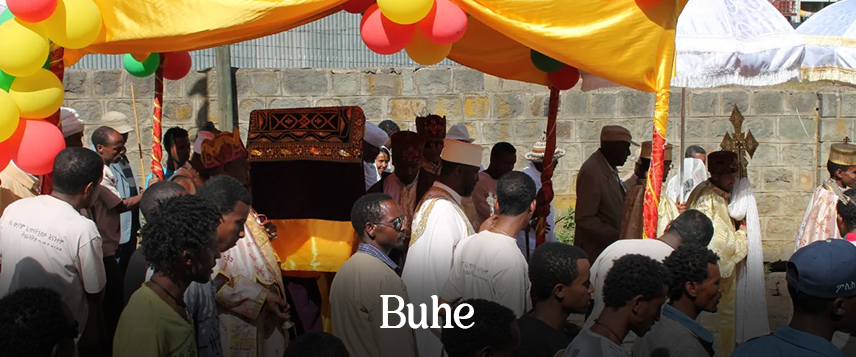
Buhe is an important cultural and religious event celebrated on August 19 by the Ethiopian and Eritrean Orthodox Churches. During Buhe, boys go door to door, singing traditional songs. In return, they receive freshly baked bread called “Mulmul.” These songs and the sharing of bread help strengthen community bonds. Another activity involves tying bundles of sticks called chibi.
Fire is set on these during celebrations. The sight of chibos burning at night is memorable and cherished by participants. Buhe’s lasting presence shows the value of preserving culture in Ethiopia. The festival brings people together and fosters a sense of community and identity.
Genna

Next on the list is Genna, which is another very important. The celebrations begin on the eve of Genna with church services that go well into the night. Priests dress in white robes, and congregants often light candles in the churches. On the morning of Genna, people typically attend a special mass.
After the service, families gather to share traditional meals. The dishes often include doro wat (chicken stew) and injera (flatbread). Fasting is a common practice leading up to Genna. Many people fast from animal products for several weeks before the festival. This practice is meant to
purify the body and spirit. Are you aware that Genna is a traditional game too?
Meskel
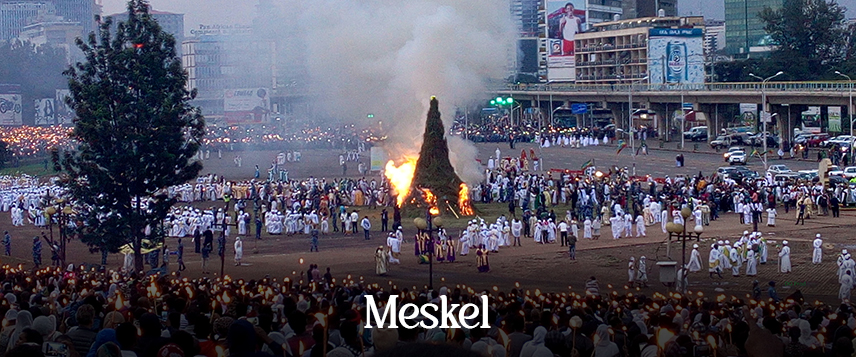
The word “Meskel” means “cross” in Ge’ez. This holiday celebrates the finding of the True Cross in the fourth century. The celebration begins on the evening of September 26th with “Demera,” a large bonfire. Families and communities gather to light the bonfire, which symbolizes the fire Empress Helena used to find the True Cross. The event is filled with chants, prayers, and traditional songs.
Meskel also involves colorful processions and ceremonies. People dress in their finest traditional clothing, and the streets are decorated with flowers and Meskel daisies. Priests and deacons participate in the joyous processions, carrying crosses and icons while singing hymns.
Be Part of the Magic!
Ethiopia’s festivals and traditions are more than celebrations; they are living expressions of a lively heritage. Whether singing Hosanna, marveling at Buhe’s chinos, sharing Genna meals, or partaking in Meskel marches, each moment connects to Ethiopia’s soul.
These experiences invite you to witness a culture that loves unity, spirituality, and the preservation of timeless customs. By taking part, you don’t just witness Ethiopia’s beauty—you become woven into its story, creating memories that will last a lifetime. Ready to be captivated?
Come and celebrate Ethiopia’s traditions, where every festival is a journey into the heart of a great culture!



